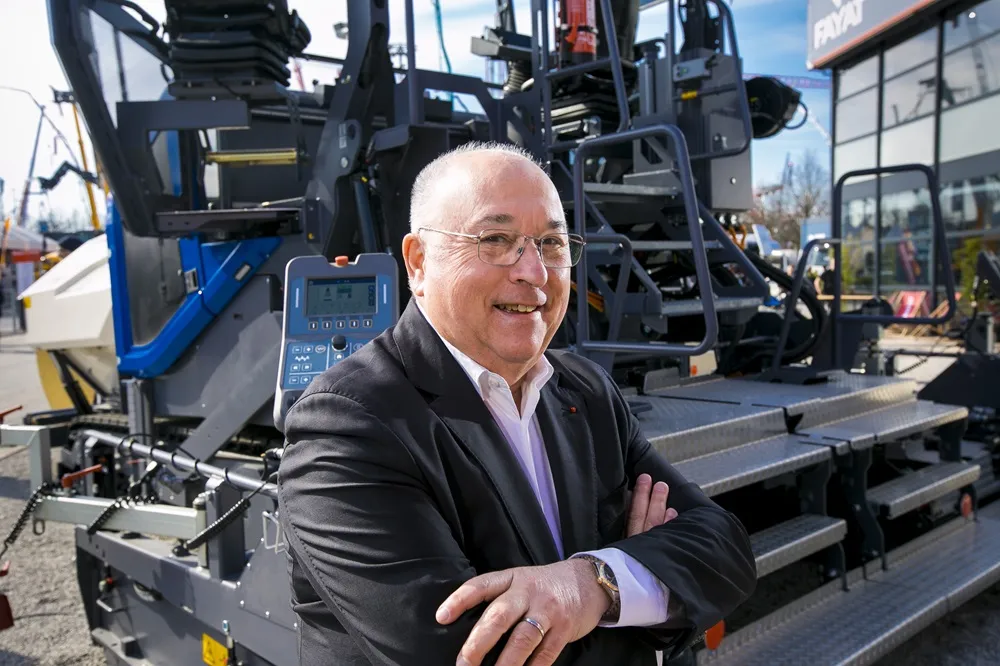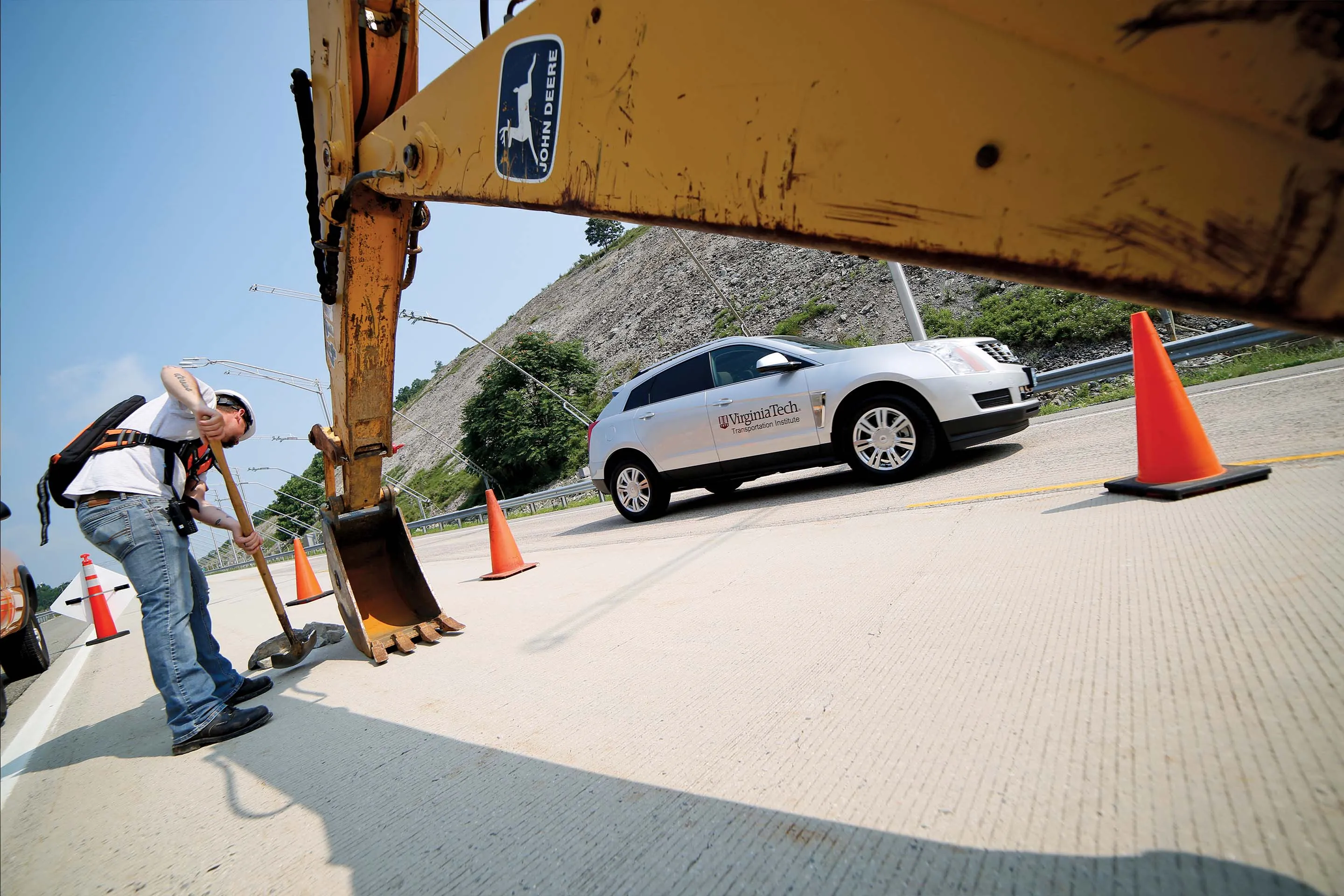Pedestrians are coming to sticky end as they attempt to cross a freshly paved road in this video, shot in Russia. It may have happened in Russia, but it could happen in any country on any construction site if sufficient barricades are not put up. What is notable about this video is that people insist on crossing the road even though they see people ahead of them losing their shoes in the freshly laid bitumen.
Also, note that no construction workers are coming to their rescue.
March 24, 2016
Read time: 1 min
Pedestrians are coming to sticky end as they attempt to cross a freshly paved road in this video, shot in Russia.
It may have happened in Russia, but it could happen in any country on any construction site if sufficient barricades are not put up.
What is notable about this video is that people insist on crossing the road even though they see people ahead of them losing their shoes in the freshly laid bitumen.
Also, note that no construction workers are coming to their rescue.
It may have happened in Russia, but it could happen in any country on any construction site if sufficient barricades are not put up.
What is notable about this video is that people insist on crossing the road even though they see people ahead of them losing their shoes in the freshly laid bitumen.
Also, note that no construction workers are coming to their rescue.









